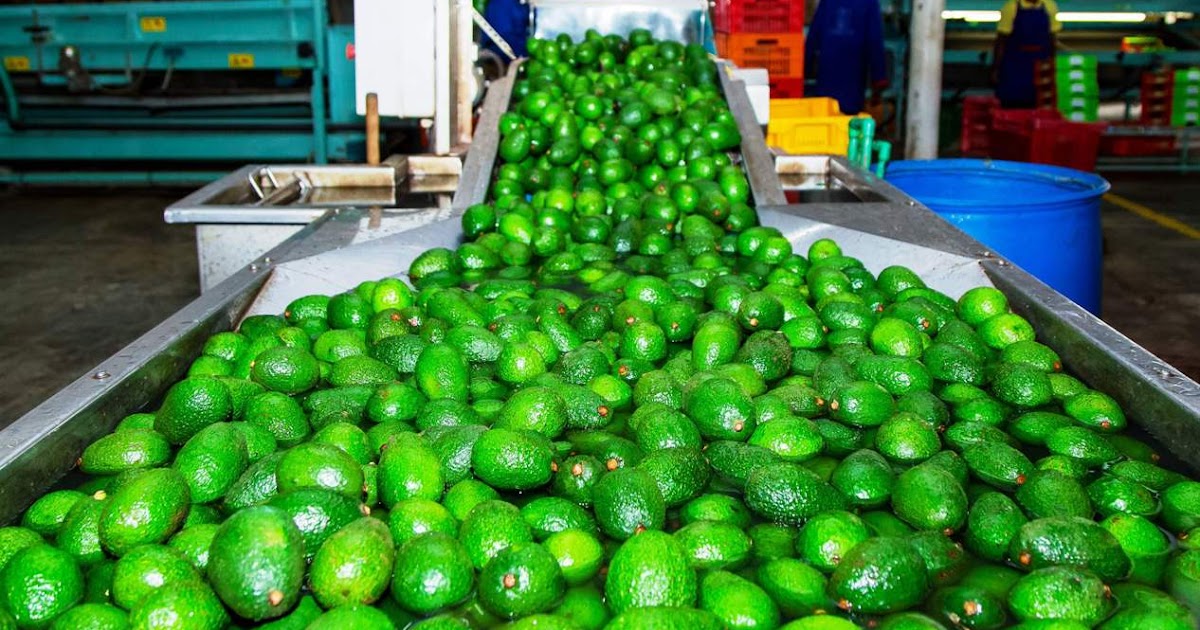Is Avocado a Fruit or a Vegetable? The Scientific Answer
Avocados are a staple in kitchens worldwide, enjoyed in salads, guacamole, sandwiches, and even smoothies. But have you ever wondered: Is an avocado a fruit or a vegetable?
The answer is scientifically clear—avocados are fruits, but their culinary use often makes people mistake them for vegetables.
This article explores why avocados are classified as fruits, how they compare to vegetables, and why they are unique in both nutrition and usage.
1. Is Avocado a Fruit or a Vegetable?
Scientific Classification: Avocado Is a Fruit
According to botany (the study of plants), a fruit is the part of a plant that develops from a flower and contains seeds.
✔ Avocados grow from flowers.
✔ They contain a large seed (the pit) inside.
✔ They develop from the ovary of the avocado flower.
🔹 Conclusion: Avocados are botanically classified as fruits, specifically a “single-seeded berry.”
2. Why Do People Think Avocados Are Vegetables?
Despite being a fruit, avocados are often confused with vegetables because of their culinary use.
✔ Savory, not sweet – Unlike most fruits, avocados lack natural sweetness and are commonly used in salads, dips, and savory dishes.
✔ Used like a vegetable – Just like tomatoes and bell peppers (which are also fruits), avocados are used in main dishes rather than desserts.
✔ Rich in healthy fats – Unlike typical fruits that are high in sugar, avocados are loaded with monounsaturated fats, making them nutritionally unique.
🔹 Conclusion: Culinarily, avocados are treated as vegetables, but scientifically, they remain fruits.
3. What Type of Fruit Is an Avocado?
Avocados are botanically classified as berries because:
✔ They develop from a single ovary of a flower.
✔ They have a fleshy pulp surrounding a single seed.
This makes them a unique type of berry, unlike common berries such as strawberries or blueberries.
4. Nutritional Benefits of Avocados
Whether fruit or vegetable, avocados are nutritional powerhouses:
✅ High in Healthy Fats
- Contains monounsaturated fats, which support heart health.
- Helps lower bad cholesterol (LDL) and increase good cholesterol (HDL).
✅ Rich in Fiber
- Promotes healthy digestion and helps with weight management.
✅ Packed with Vitamins & Minerals
- High in potassium (more than bananas!).
- Rich in vitamins C, E, K, and B6.
✅ Great for Skin & Brain Health
- Contains antioxidants and omega-3s, which help with cognitive function and glowing skin.
5. Avocado vs. Other Fruits & Vegetables
| Feature | Avocado (Fruit) | Typical Fruit (Apple, Banana, etc.) | Vegetables (Carrots, Spinach, etc.) |
|---|---|---|---|
| Sugar Content | Low | High | Very low |
| Fat Content | High | Low | Very low |
| Fiber | High | Moderate | High |
| Culinary Use | Savory & sweet | Mostly sweet | Mostly savory |
🔹 Conclusion: Avocados are closer to vegetables in taste and use, but they are still fruits.
6. Fun Fact: Other Fruits Mistaken for Vegetables
Avocados aren’t the only fruits commonly mistaken for vegetables. Others include:
🍅 Tomatoes – A fruit, but used in savory dishes.
🌶 Bell Peppers – Botanically a fruit, but treated as a vegetable.
🥒 Cucumbers – Contain seeds, making them fruits.
🎃 Pumpkins & Squash – Technically fruits, often used as vegetables.
7. Conclusion
Avocado is a fruit, even though it’s commonly mistaken for a vegetable due to its taste and culinary use. It belongs to the berry family and offers unique health benefits, making it one of the most versatile foods in the world.
No matter how you classify it, avocados are delicious, nutritious, and a great addition to any diet!
Looking for high-quality avocados in bulk? Wigmore Trading specializes in sourcing and exporting premium avocados worldwide. Contact us today for wholesale supply!








Comments are closed.